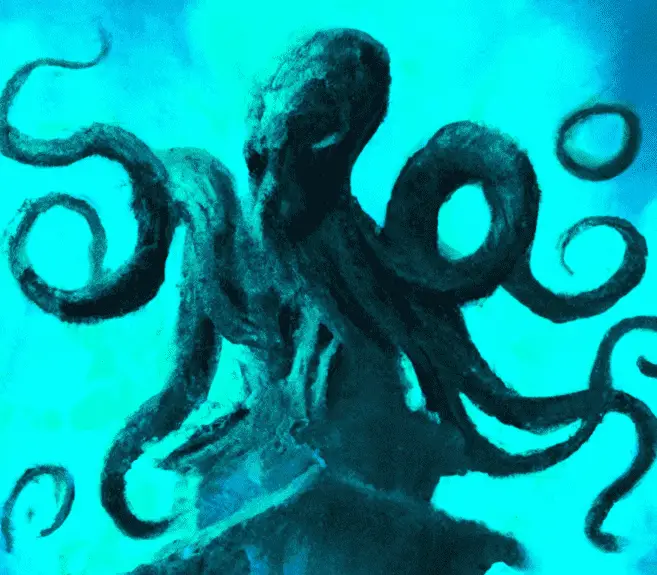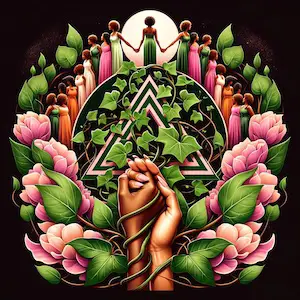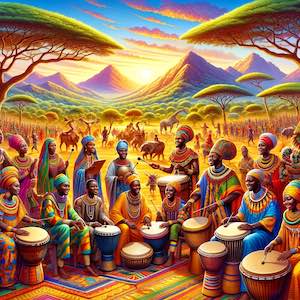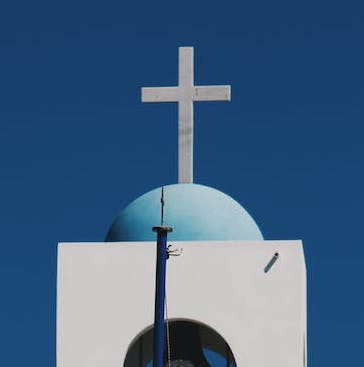If you are a fan of horror literature, movies, or video games, you might have come across the name “Cthulhu” at some point. This mythical creature, created by American writer H.P. Lovecraft, has become a cult icon, inspiring countless works of art, music, and even religious practices.
One of the most intriguing aspects of Cthulhu mythology is the so-called “Cthulhu chant.” In this article, we will explore the history and significance of this eerie and mysterious ritual.

Table of Contents
What is Cthulhu?
Before we delve into the chant itself, let’s provide some context for those who are unfamiliar with the Cthulhu mythos. Cthulhu is a cosmic entity that appears in several stories by H.P. Lovecraft and his followers. It is described as a gigantic, octopus-like creature with wings and tentacles, sleeping in an underwater city called R’lyeh. According to the mythology, Cthulhu is one of the Great Old Ones, ancient and malevolent beings that existed before the birth of humanity and still wield immense power over the universe. Cthulhu’s awakening is said to herald the end of the world and the rise of a new age of darkness.
The Origins of the Chant
The Cthulhu chant, also known as the Call of Cthulhu, is a ritualistic incantation used by the followers of the Great Old Ones to invoke their dark powers. The origins of the chant are unclear, but it is believed to have been created by Lovecraft himself, or by one of his correspondents in the “Cthulhu Mythos” circle. The first mention of the chant appears in Lovecraft’s short story “The Call of Cthulhu,” published in 1928.
Lyrcis of the Chant
The “Cthulhu Chant” as it is popularly known, originates from H.P. Lovecraft’s fictional universe, particularly the story “The Call of Cthulhu.” The most famous phrase associated with this chant is:
“Ph’nglui mglw’nafh Cthulhu R’lyeh wgah’nagl fhtagn.”
In English, this roughly translates to: “In his house at R’lyeh, dead Cthulhu waits dreaming.” This phrase encapsulates the essence of the Cthulhu mythos — the idea of an ancient, powerful, and malevolent entity lying dormant but not dead, and the foreboding sense of its inevitable awakening.
It’s important to note that this chant, and the language it’s written in (often referred to as the “R’lyehian” language in the context of Lovecraft’s mythos), are fictional creations. Lovecraft was known for crafting unique and esoteric languages and phrases to add a sense of depth and mystery to his mythological creations. The chant is a part of this creative process, designed to evoke a sense of the arcane and the otherworldly.
The Significance of the Chant
The Cthulhu chant has become a cultural phenomenon in its own right, inspiring numerous adaptations and parodies in popular media. But what is the deeper significance of this ritualistic invocation? According to Lovecraftian lore, the chant is a way of communing with the Great Old Ones and accessing their forbidden knowledge and power. The phrase “Ph’nglui mglw’nafh Cthulhu R’lyeh wgah’nagl fhtagn” is said to contain a hidden meaning that only the initiated can understand. Some have interpreted it as a call for the end of the world and the return of the Great Old Ones, while others see it as a warning against meddling with forces beyond human comprehension.
The Influence of the Chant
The Cthulhu chant has inspired a wide range of artistic and cultural expressions, from music and literature to role-playing games and online communities. One of the most famous adaptations of the chant is the heavy metal song “The Call of Ktulu” by Metallica, which features ominous chanting and instrumental passages evocative of Lovecraftian horror. Other musicians who have referenced the chant in their work include Black Sabbath, Iron Maiden, and Cradle of Filth. In literature, the chant has been incorporated into various horror novels and short stories, as well as fan fiction and role-playing game manuals. Online communities devoted to the Cthulhu mythos have also created their own versions of mythical incantations, adding new verses and variations to the original chant.
The Controversy Surrounding the Chant
Despite its popularity, the Cthulhu chant has also attracted controversy and criticism. Some argue that it promotes nihilism and the worship of evil forces, and that it can be used to justify immoral or harmful behavior. Others view it as a harmless form of entertainment or a way of exploring the darker aspects of the human psyche. Lovecraft himself was a controversial figure, known for his racist views and elitist attitudes, which have led some to question the ethics of celebrating his work and the Cthulhu mythos.
The Legacy of the Chant
Whether you see the Cthulhu chant as a sinister invocation or a fascinating cultural artifact, there is no denying its enduring popularity and influence. From the dark corners of the internet to the mainstream media, the chant continues to inspire and fascinate new generations of horror fans and creatives. Its legacy can be seen in everything from the design of video game monsters to the lyrics of heavy metal songs, and it shows no signs of fading away any time soon.
Conclusion
The Cthulhu chant is a fascinating and complex topic that offers a glimpse into the world of Lovecraftian horror and the human fascination with the unknown and the forbidden. Whether you are a die-hard fan of the Cthulhu mythos or a casual observer, there is something eerie and alluring about the sound of those ancient and alien syllables. By exploring the history and significance of the chant, we can gain a deeper understanding of the cultural and psychological forces that drive our fascination with the macabre and the otherworldly.
Cthulhu Chant Frequently Asked Questions
Is the Cthulhu chant a real ritual?
No, the Cthulhu chant was created as a fictional element of the Cthulhu mythos by H.P. Lovecraft and his followers.
Can the Cthulhu chant be dangerous?
There is no evidence to suggest that the chant has any supernatural powers or can cause harm to anyone who performs it.
What does the Cthulhu chant mean?
The exact meaning of the chant is open to interpretation, but it is believed to contain hidden messages and references to Lovecraftian lore.
Is the Cthulhu chant a form of satanism?
No, the Cthulhu mythos has no connection to satanism or any real-life religious practice.
See Related Posts

Gregorian Christmas Chants

Love Spell Chants

Best Softball Chants for U12

AKA Sorority Chants

Argentina Football Chants

Short Chants and Cheers

Alabama Football Chants

Everything to Know About African Chants

